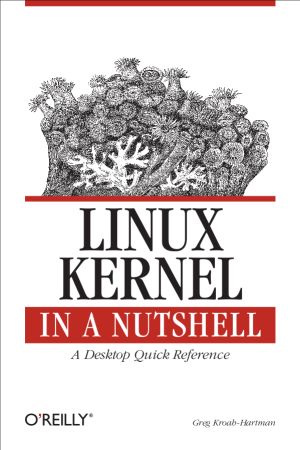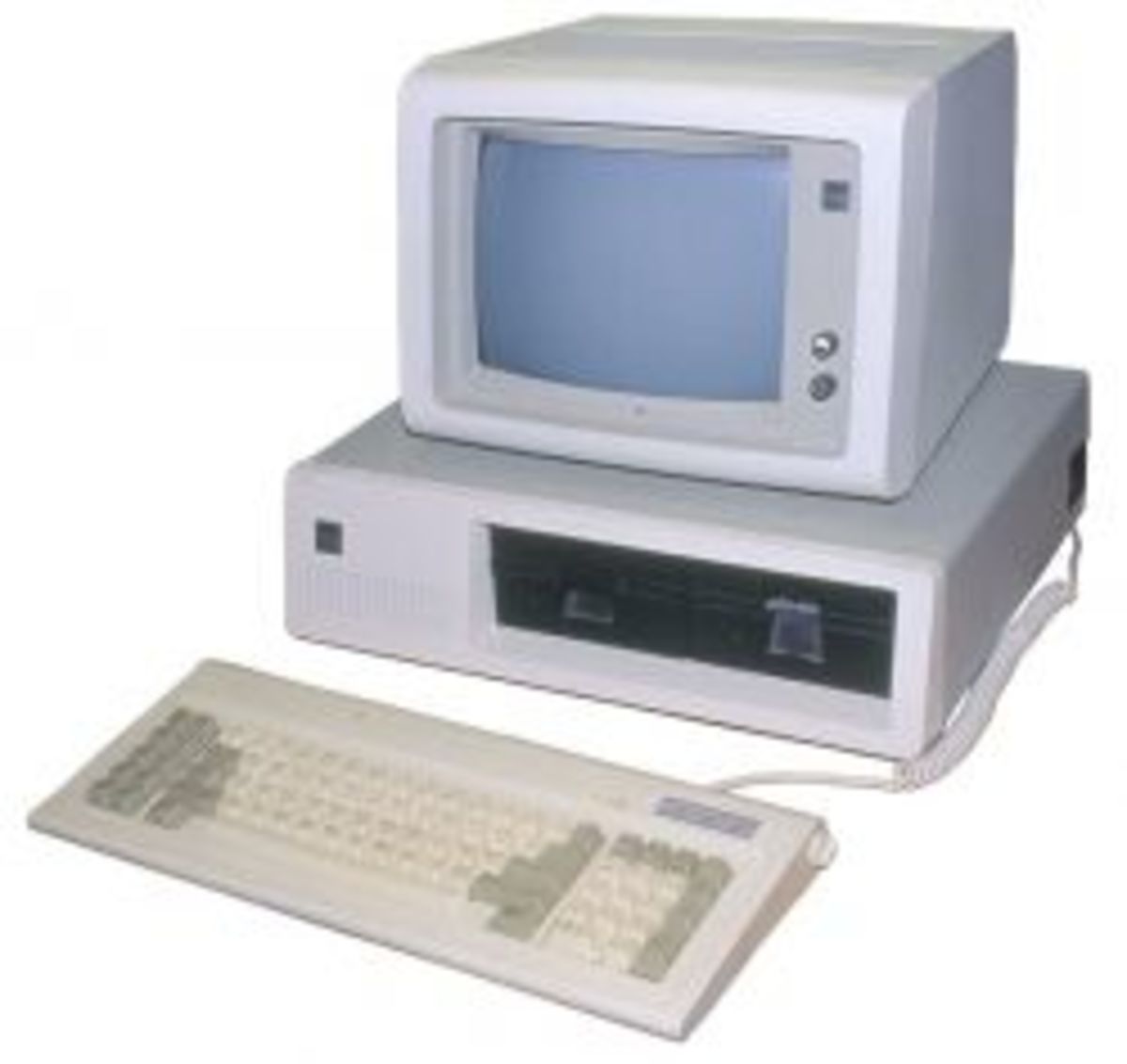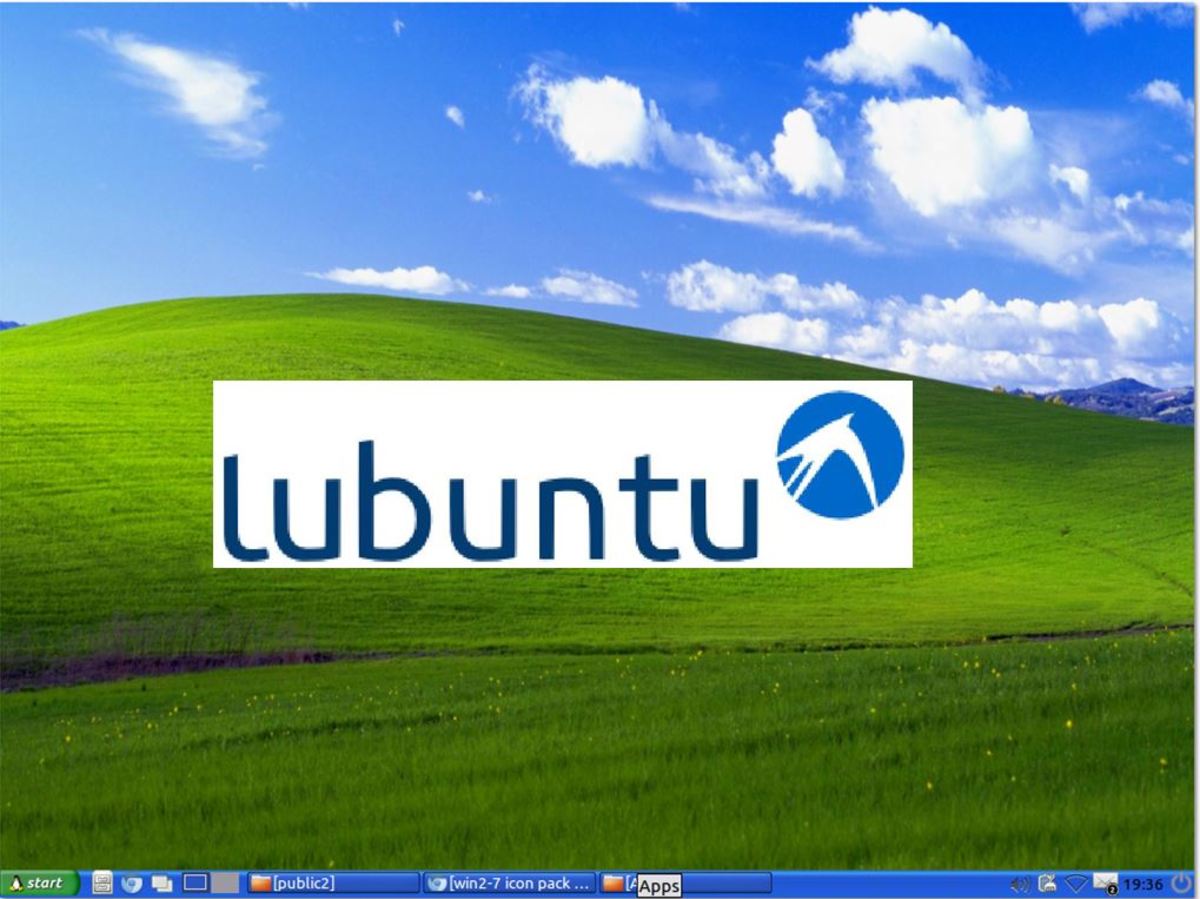- HubPages»
- Technology»
- Computers & Software»
- Operating Systems
Future of Linux Kernel

Linux has been one of the most popular operating system over the past few decades. As a community based open source operating system, Linux has grown ever since its launch mostly owing to the active participation of its community members. The users decide as well as design what they need by developing the kernel in such a way that it incorporates all their demands.
Linux will continue to rule as long as the Linux community stays active and keeps developing as well as updating the OS. Therefore it is essential to ensure that the younger generation are getting involved which will help secure the future of the Linux kernel.
This does not seem to be a great problem since hiring managers today, almost always prefer Linux talent (since Linux, as an operating system as well as with its updates are completely free) which in turn ensures that the present generation take an interest in Linux training. As long as there is a demand in the job market for Linux professionals, there will be a crowd of people developing and ensuring the future of Linux kernel.
With more updates and more distributions, Linux will continue to beat the other operating systems available in the market. In fact one of the most important reasons why Linux has done so well in the past and will undoubtedly continue to do so even in the future is the fact that the kernel continues to evolve and incorporate the latest in hardware support and improved features.
The current series of Linux kernel (which is kernel branch 2.6.x [Pra]) is very effective in itself since it has incorporated several desired and important features. Some of the most attractive features of the present Linux kernel are as follows:
- Improved SMP features which is important for the widely used multi- core processors.
- Improved CPU scheduler
- Incorporation of Alsa sound controllers
- Improved multithread support for user applications
- Supports for USB 2.0
- Improved I/O features along with new models of unified controllers
- System suspension and restoration after rebooting- done by the kernel
Thus, just like Linux has been for so long dependent on its community, its future too is dependent completely on the active participation of the community. Apart from this, the Linux kernel will continue to attract users as long as it remains a free open source operating system, no matter what.






